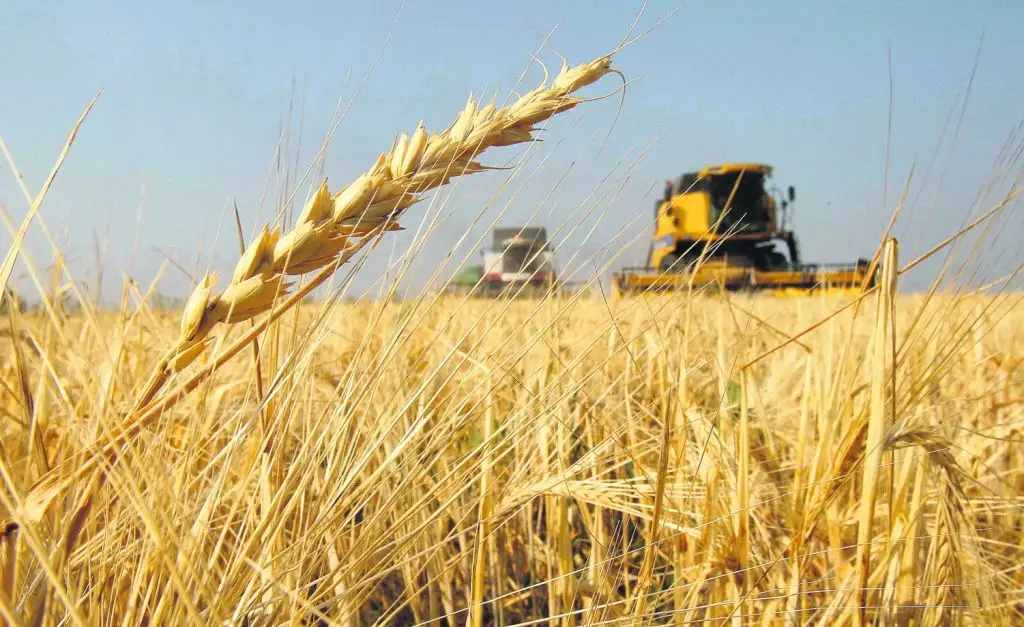Friday, 27 February 2026

Genetically modified wheat is taking a major step toward U.S. commercialization as Bioceres Crop Solutions, an Argentine agricultural biotechnology company, signed a deal with the Colorado Wheat Research Foundation (CWRF) to introduce its drought-tolerant HB4 wheat into the U.S. market.
The HB4 wheat carries a gene derived from sunflowers that enhances drought tolerance and resistance to glufosinate. Under the agreement, Bioceres will grant CWRF exclusive, sublicensable rights to the HB4 trait in the United States, while making the technology available to public and private wheat breeding programs via an open licensing model.
“The agreement combines Bioceres’ proprietary HB4 technology with CWRF’s leadership in U.S. wheat innovation to create a next-generation wheat production system,” said a joint press release. Brad Erker, Executive Director of CWRF, noted, “This is an important milestone for the wheat industry and sets the stage for long-term innovation in this critical crop. We are proud to support open and inclusive access to HB4 technology and lead U.S. stakeholder engagement for its responsible rollout.”
While the U.S. Department of Agriculture approved HB4 wheat cultivation in 2024, commercialization is expected to take several years. Bioceres and its partners must conduct field trials, performance verification in U.S. varieties, and secure export market approvals, a process likely to extend to 2029–2030 or beyond.
Stakeholders, including Canadian wheat authorities, emphasize that market access remains a critical factor given the high global export volumes of U.S. and Canadian wheat. Nonetheless, the collaboration signals a strategic push toward innovation, positioning the HB4 wheat trait as a key element in climate-resilient agriculture.